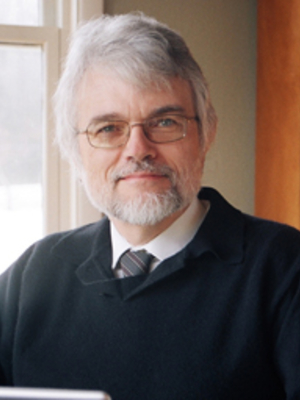Labor Markets
Leaders: Gregory Acs, David Card, Michael Hout, Jesse Rothstein
The labor market was of course hit very heavily by the Great Recession, as evidenced by (a) the slow recovery of the unemployment rate, (b) and the even slower recovery of the long-term unemployment rate and the prime-age employment ratio (defined as the ratio of employed 25-54 year-olds to the population of that same age). This “jobs problem,” which is especially prominent among low-skill workers, has led to a sharp rise in the number of poor households without any working adults. It also underlies, in part, the sharp increase in the number of disability insurance claims and awards, which in turn has further reduced the supply of labor among low-skilled individuals.
If the first type of “jobs problem” is that there still are not enough of them, the second is that the jobs that are available do not always provide the requisite hours, wages, or security that are needed for a sure pathway out of poverty. As a result, low-skill individuals are not just working less but, even when they are working, there is no guarantee that their jobs will lift them and their families out of poverty. The Labor Markets RG is tasked with conducting research on these and related problems and exploiting administrative and other data to assess possible policy responses to them. We list below a few examples of the work being carried out in this group.
Long-run effects of work incentives: As nonworking poverty increases, the U.S. might well want to turn to new types of work incentive programs. Have these programs worked elsewhere?
Minimum wages and poverty: Throughout the west coast, there are a host of minimum wage “experiments” underway, experiments that have the potential to reset the low-wage labor market in quite fundamental ways. How are these experiments playing out?
CPI Collaborators
 |
Marta Tienda |
Professor, Maurice P. During '22 Professor in Demographic Studies; Professor of Sociology and Public Affairs; Director, Program in Latino Studies |
Princeton University |
 |
Robert H. Topel |
Isidore Brown and Gladys J. Brown Professor in Urban and Labor Economics; Research Associate, National Bureau of Economic Research |
The University of Chicago |
 |
Gavin Wright |
William Robertson Coe Professor of American Economic History |
Stanford University |




